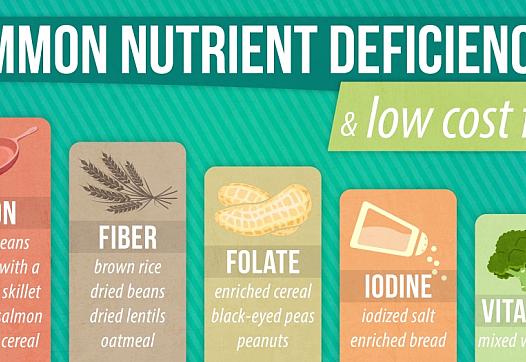
"There were a few times when I felt I had reached a dead end," writes Patricia Wight. "I worried that my stories would be missing the critical first-person experiences needed to bring the issues surrounding obesity to life."

"There were a few times when I felt I had reached a dead end," writes Patricia Wight. "I worried that my stories would be missing the critical first-person experiences needed to bring the issues surrounding obesity to life."

Headed to Cleveland this week for AHCJ's 2016 conference? Contributing editor William Heisel highlights some great panel discussions you won't want to miss.

Medicare recently announced it is likely to cover a diabetes prevention program that has been shown to be highly effective. Our Slow Medicine team explains why that’s exciting news for pre-diabetic patients.

"It’s around 10 p.m. when I call a crisis worker for victims of domestic violence in remote Northern California," writes reporter Emily Cureton. "I’m panicking, 150 miles away in Oregon. I’m really afraid someone is going to get hurt tonight."

This webinar will provide essential context, resources and ideas for chronicling the threat posed by lead in communities nationwide. Panelists also will identify potential policy solutions and highlight forward-thinking leaders who are ahead of the curve when it comes to minimizing exposure.

It was the disturbing practice of force-feeding that led author Ann Neumann to reach out to Connecticut prisoner Bill Coleman. The journalist-source relationship that ensued highlighted for Neumann the importance of “frank communication” over what makes it into the story.

Can parenting classes help end America’s disgraceful child-abuse epidemic?

"It's a common experience among many Asian American families — skillfully avoiding the topic of sex until absolutely necessary, which is often too late," reporter Thy Vo writes in part two of her series on discussions of sexuality in Asian American families.

Emily Cureton’s reporting was undertaken as a California Health Journalism Fellow at the University of Southern California's Center for Health Journalism. ...

Nationwide, one in seven families experience food insecurity at any given point in a year. The rates are higher in Indian Country, increasing the risks for the physical effects that come with poor nutrition.